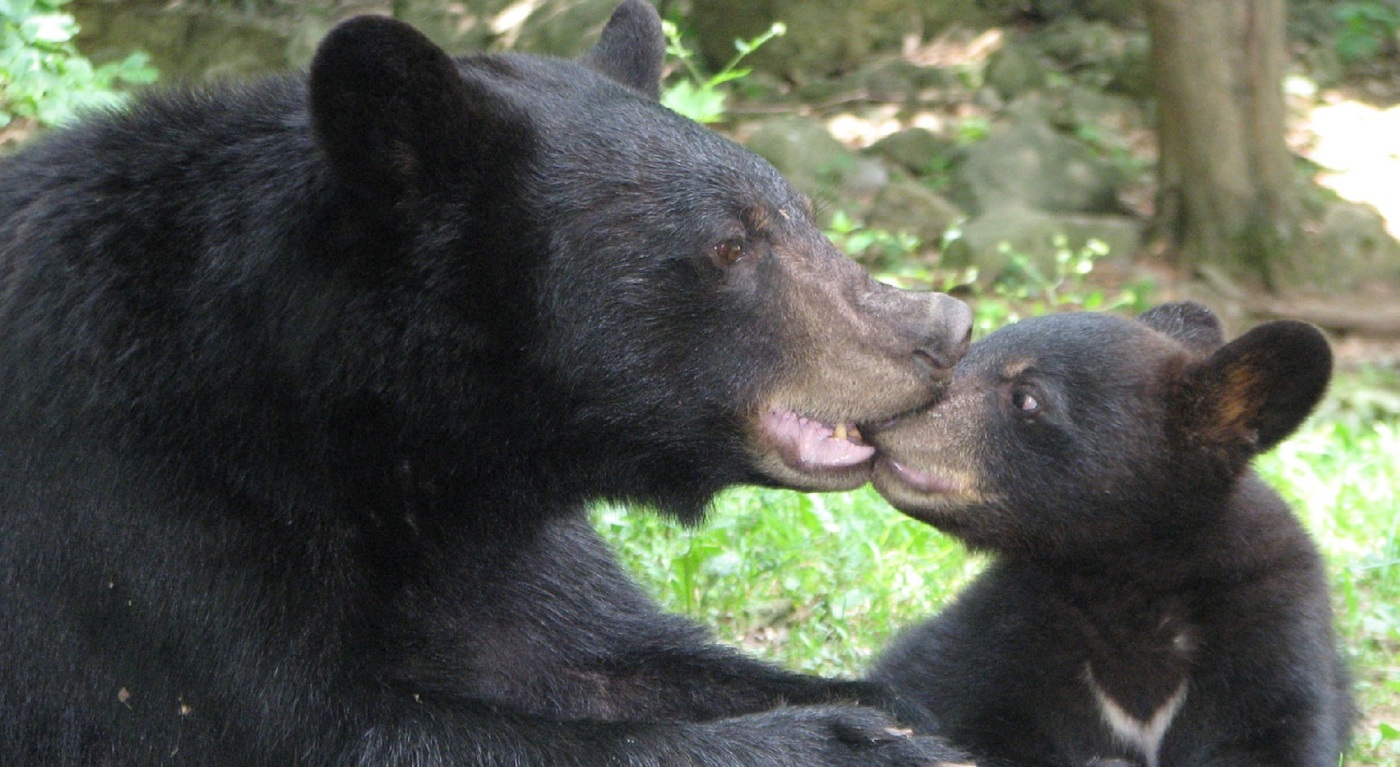Uncategorized
Why isn’t DEEP killing more bears? – CT Mirror
As Connecticut’s 2025 legislative session draws to a close, track the status of bills we’re following with CT Mirror’s 2025 bill tracker.
Subscribe to CT Mirror’s free daily newsletters.
CT Mirror
Connecticut's Nonprofit Journalism. ![]()
This work is licensed under a Creative Commons Attribution-NoDerivatives 4.0 International License.
by Susan Masino, CT Mirror
May 29, 2025
Support trusted journalism in Connecticut. Join CT Mirror’s members today and make an impact.
In Connecticut, all law enforcement officers and the Department of Environmental Protection (DEEP) have full authority to kill problem bears. In 2023, Public Act 23-77 also granted this authority to any farmer with a permit and anyone in self-defense. And Public Act 23-77 made feeding black bears illegal and punishable.
Despite these robust and recent tools, there is a relentless push for a bear hunt – most recently under the guise of public safety.
But the public pays hundreds of professionals across the state to protect public safety and the public trust, and all these professionals can remove problem bears. Some of these officials also have the responsibility to educate the public, which they have been doing at recent events. The CT Bear Coalition has been providing additional science on bear behavior, prevention and non-lethal methods.
With multiple ways to prevent problems and kill bears, where is the need to escalate to a bear hunt? Are we using the lethal and non-lethal tools we have?
People love wildlife and there are positive benefits of peacefully coexisting. Black bears are native to the region and their numbers have recovered as our forests regrew. They are not overpopulated, and the black bear population is regulated naturally by habitat and social interactions (i.e. not predators). This is a majestic and smart species with complex social relationships, another important aspect of comprehensive public education.
The evidence is clear: this is an animal behavior issue. People, intentionally or unintentionally, create “problem” bears (curious bears that smell food, snoop around, find unsecured food, and develop a habit). People can deter snooping bears, and prevent problem bears by keeping bears off of the behavioral ladder of progression: BearBehavioral Ladder.indd.
Black bears, like any species, seek easy meals. One household or business that lures a bear can create a neighborhood-wide problem. A bear hunt will not solve this problem; other approaches will. Across the country there are many BearSmart communities that focus on public education, consistent deterrents, and the first critical step: removing access to easy food. The excuse that “other states are hunting bears” is nonsensical.
And there is another wrinkle: Is DEEP creating problem bears? Yankee Magazine described a study wherein DEEP put barrels of fruit, nuts, and chocolate in remote areas outside of the range of wild bears with tracking collars. Not surprisingly, bears went out of their way to eat calorie-dense food and went looking for this valuable reward even when it was no longer available. This is similar to how bears are “hunted” – baited in the forest with high-calorie human food like cereal or doughnuts (or run to exhaustion and treed with dogs). Is the agency (or employees) exploring a market for guided bear hunts?
Most people understand that hunting bears in the woods will not keep bears away from our trash barrels, birdfeeders, and screened porches. And they know that there are hundreds of professionals across the state with the authority and the responsibility to kill problem bears as needed to protect public safety. What has not been fully considered are the likely and known negative aspects of a bear hunt itself: the risks that a bear hunt will create a false sense of public complacency, will put more and larger guns on the landscape, and could result in injured and unpredictable bears in our small and densely populated state.
Language allowing DEEP to authorize a bear hunt has been inserted into S.B. 1523. The Connecticut legislature may vote on it between now and June 4. The public (and the legislature) should know that this is a direct vote for a bear hunt: DEEP has financial conflicts of interest (hunting licenses and federal kickbacks on gun and ammunition sales, although most of this money is not related to hunting). And DEEP has been advocating for a bear hunt for years (even though the public is not in favor of it). Using public safety (and creating fear) as an excuse to hunt bears is not honest.
Fully deploying our current tools will prevent and remove the problem of problem bears. What problem does a bear hunt solve? It does solve the problem that some people want to hunt bears and they are not allowed to in Connecticut – and for good reasons. A serious risk is that a bear hunt may drive bears further into what they will quickly learn are “safe” zones – like our neighborhoods. A bear hunt is not the right “tool” – unless the goal is simply hunting bears. If so, let’s be honest.
Like so many issues, community-based solutions and education are the key, along with deploying effective and proven tools and engaging in honest discourse. Instead of giving DEEP the ability to authorize a bear hunt, we should demand that they protect public safety and the public trust directly: fine people who are breaking the law, and kill truly problematic bears.
Susan A. Masino, Ph.D. is a Paul E. Raether Distinguished Professor of Applied Science at Trinity College. She is also a member of the Connecticut Scholars Strategy Network.

